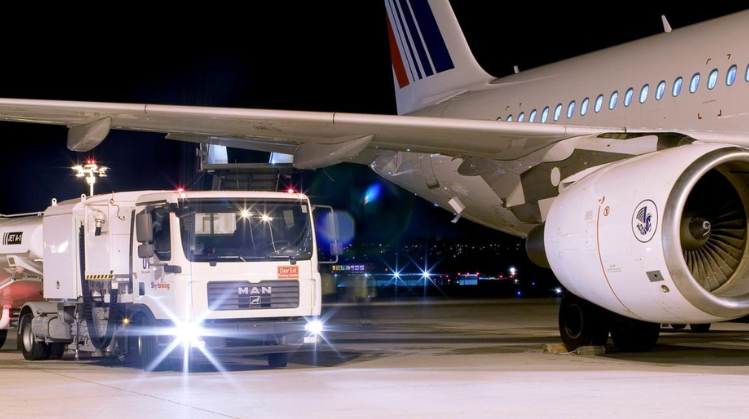70 WTO nations agree to take extra obligations in services sector
These WTO (World Trade Organisation) members are taking the additional obligations under the General Agreement on Goods in Services (GATS) to ease non-goods trade among themselves and extend similar concessions to all other members of the WTO
PTI
Abu Dhabi, 27 Feb
India would benefit from a move of
over 70 nations like the UK, UAE and Australia that have agreed to take on
additional obligations in the services sector under an agreement of the WTO, an
official said on Tuesday.
These WTO (World Trade
Organisation) members are taking the additional obligations under the General
Agreement on Goods in Services (GATS) to ease non-goods trade among themselves
and extend similar concessions to all other members of the WTO.
These obligations under their
schedules in GATS seek to mitigate unintended trade restrictive effects or
measures relating to licensing requirements and procedures, qualification
requirements and procedures, and technical standards among themselves, the official
added. The disciplines will be applied on a "most-favoured nation"
principle, meaning that they will benefit all WTO members.
It will also benefit Indian
professional companies which will now have equal opportunity to access markets
in these 70 countries, if they meet the standards, the official said.
As per estimates, the move will
help reduce services trade costs by 10 per cent for lower-middle income
economies and 14 per cent for upper-middle income economies, with overall
savings of USD 127 billion. Albania, Argentina, Australia, Bahrain, Brazil,
Canada, China, Colombia, Costa Rica, Japan, Korea, New Zealand, Norway, Saudi
Arabia, Singapore, Switzerland, United Arab Emirates, the UK and US are part of
the initiative.
According to Ajay Srivastava,
founder of think tank GTRI, the new agreement would be a plurilateral agreement
where just 72 out of 164 WTO members are a party. India, South Africa and most
WTO members have not signed this agreement.
He suggested the WTO to "focus
on core issues like WTO reforms, reviving appellate body, and agriculture
reforms", among others. "This trend of integrating Joint Statement
Initiatives (JSI) into WTO will weaken the WTO and pave the way for adopting
many more such JSIs on investments, MSMEs, gender, and e-commerce in the next
few meetings. Matters of interest to limited members may be negotiated outside
of WTO," Srivastava said.
Leave a Reply
Your email address will not be published. Required fields are marked *








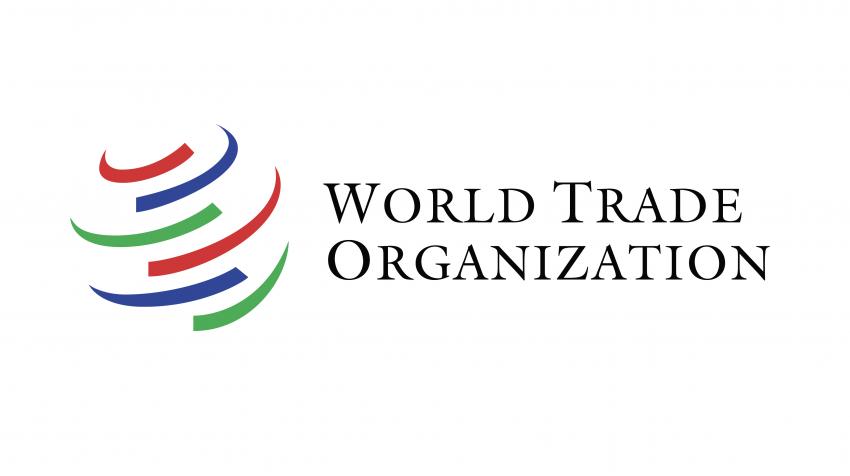

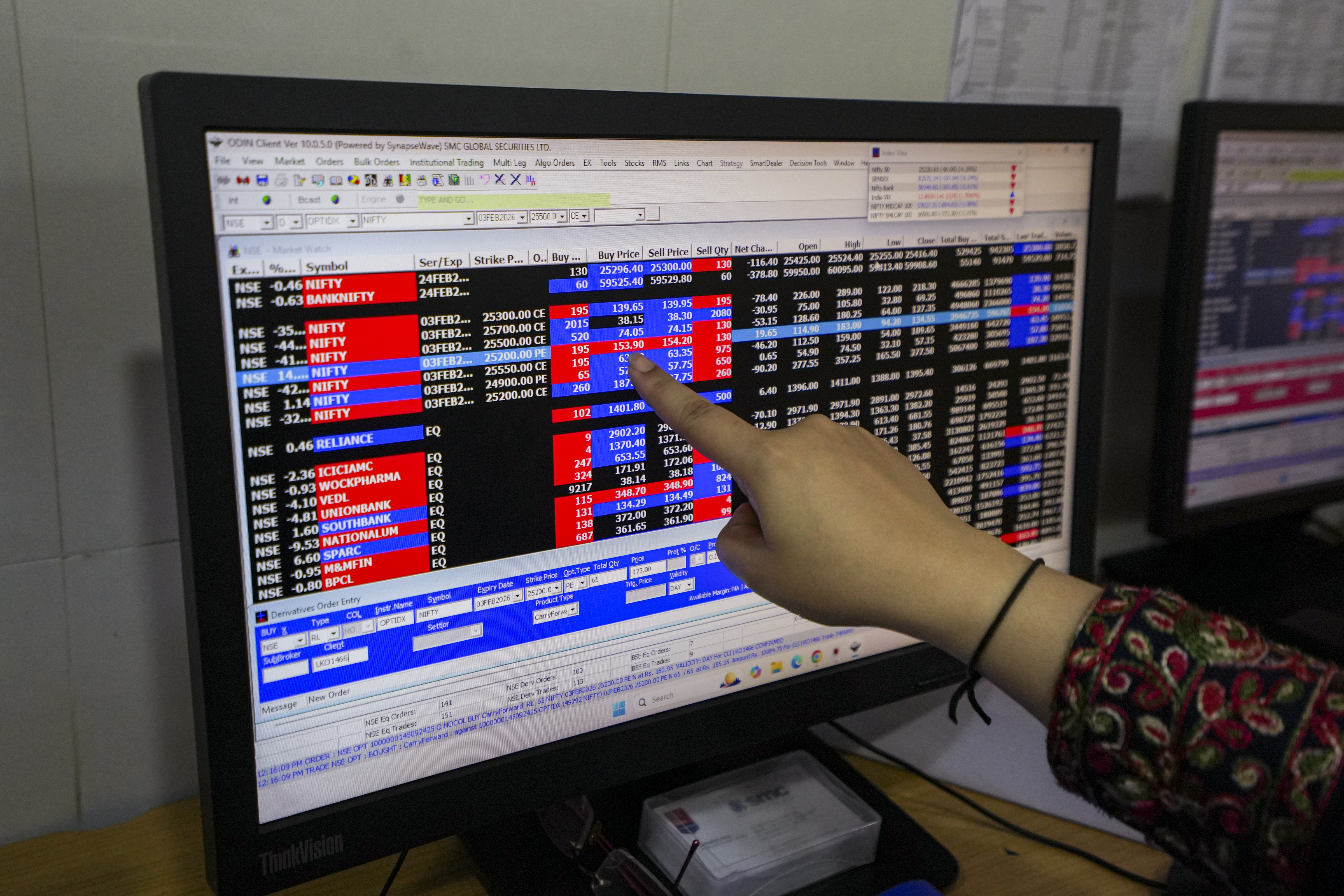
.png)
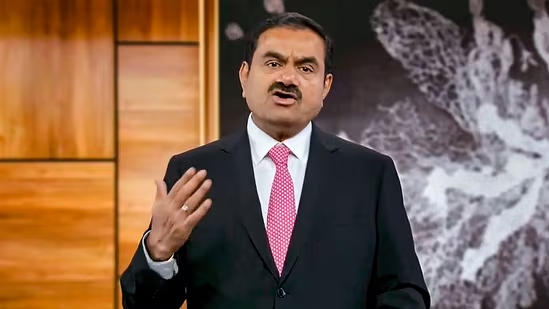
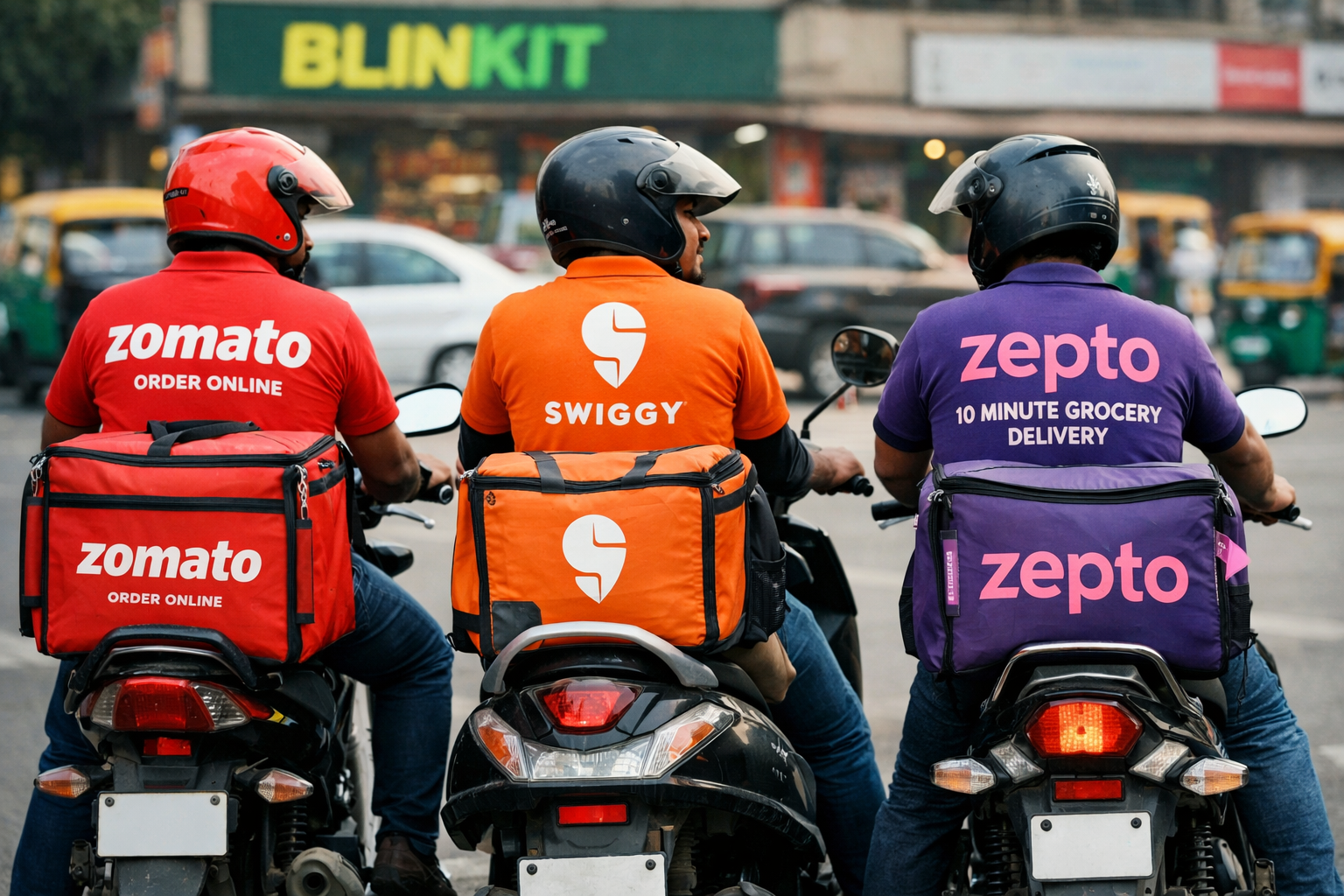


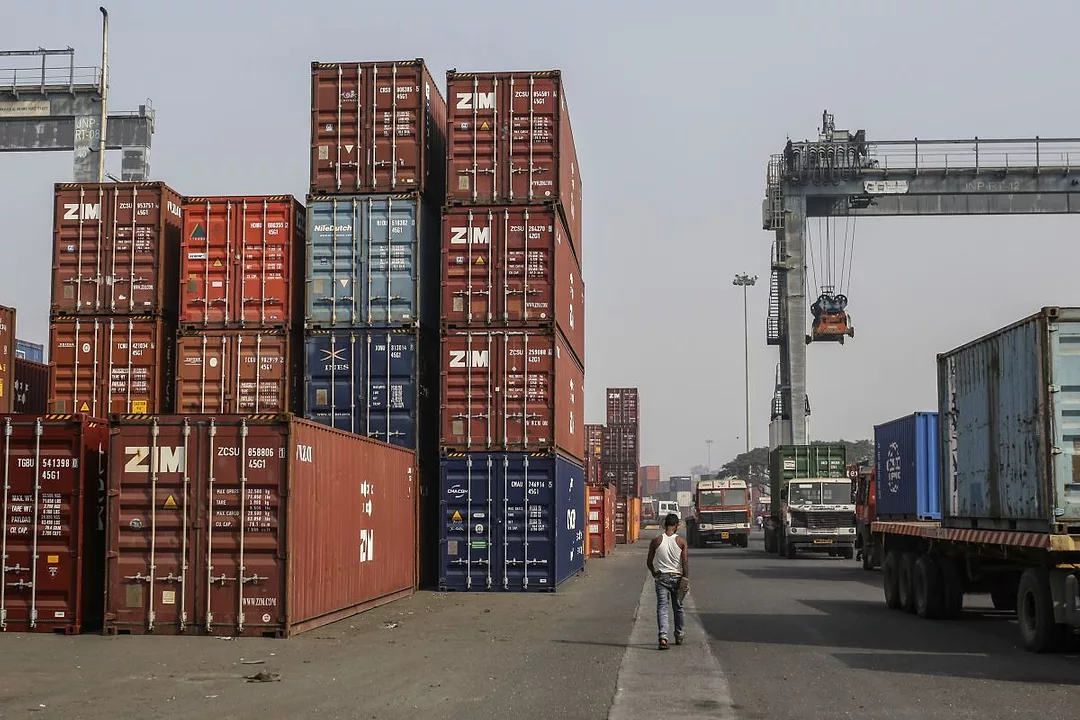
.png)
